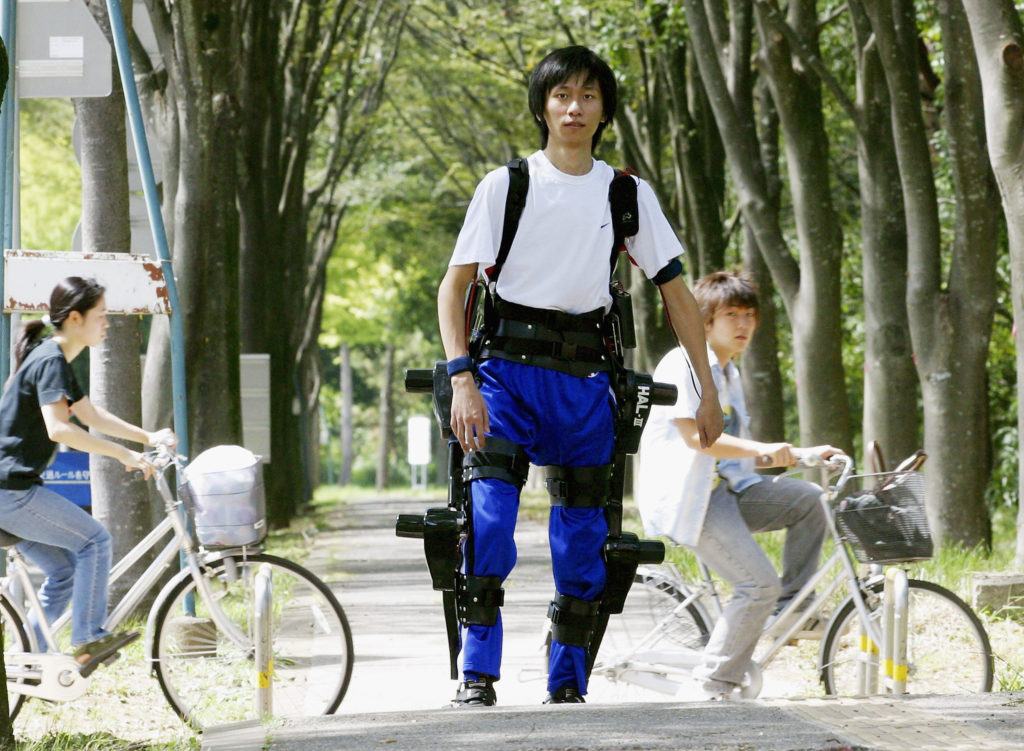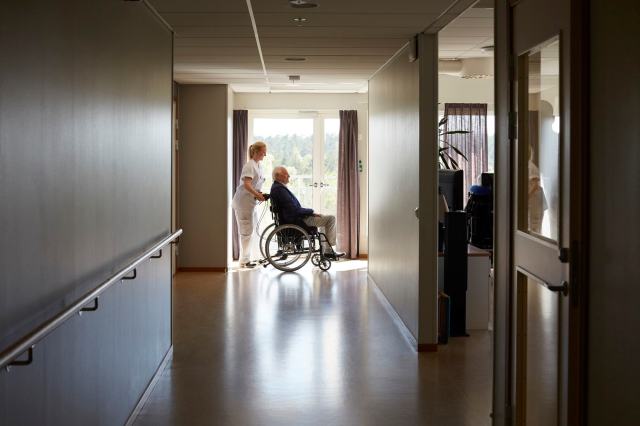
Robots get a bit of a bad rap. Even though automation is making our lives easier and better, the prevailing narrative – from newspapers to cinema screens – is that machines are malevolent. The danger is that we come to believe it.
So it’s time to correct that misconception, and fast. There is an increasingly urgent need to overhaul a sector many of us will come to rely on in later lives and, whether we like it or not, automation is the hero and not the villain of this piece.
The UK’s social care sector is facing may of the same crushing pressures that are being inflicted on the NHS, with familiar rising costs and falling funding nixing any real advancements. One in 10 older people is likely to pay more than £100,000 for their social care needs over their lifetime, and a tightening of criteria for receiving publicly funded care led to 400,000 fewer people receiving state-funded care between 2012/13 than in 2009/10, according to the Health Foundation, a healthcare policy charity.
Given the UK’s gradually increasing ageing population (18 per cent is aged 65 or over), our need for social care is only going to intensify – and the issue is made more acute by the fact that an average of 900 care workers per day are estimated to being leaving the profession. According to the National Audit Office the exodus is due to the work’s low wages and tough conditions. And it’s not just a retention problem – there’s also a severe lack of new workers joining the profession.
Enter automation. The application of AI, robotics and other technologies to the sector could help to narrow dramatically the gap between costs and revenue (which is projected to reach £2.1bn by 2019/20) and to relieve human staff of certain menial or physically demanding tasks, freeing up their time for face-to-face care of patients.
The health and social care sector has been earmarked by Deloitte as the third most vulnerable industry to rapid advances in technology, behind wholesale and retail, and transportation and storage, with some 1.3m jobs at high risk in the UK. But the advent of automation isn’t about replacing human staff with robots. Just as within the wider health sector, there will always be a clear need for the calm, reassuring and caring bedside manner of professional humans, particularly when it comes to caring for patients with complex needs.
That high degree of social and emotional intelligence is still beyond machines, and, some experts argue, always will be. Instead, automation can help with tackling everything else, from tedious tasks such as budgeting and record-filing to more significant tasks such as monitoring patients more closely than humans can, projecting future health risks and assuming physically strenuous roles such as lifting; they don’t need paying, rarely make mistakes and don’t get tired.

They’re well ahead of us in Japan, which is facing a predicted shortfall of 370,000 caregivers by 2025. The Japanese research institute Riken has created Robear, an experimental bear-shaped robot designed to lift and carry elderly patients from beds into wheelchairs. Similar robotics are currently used in around 8% of Japanese care homes, and are expected to become more widespread thanks to a government-backed initiative to fund robotic nursesto take care of the country’s rapidly ageing population.
But there has been a certain unwillingness on the part of care-givers to relinquish their bedside duty of care, not to mention a reluctance on the part of patient to accept care from a robot. Cyberdyne, another Japanese robotics firm, is circumventing this problem with its Hybrid Assistive Limbs, a powerful exoskeleton suit which can be worn by either carers or disabled or elderly patients to enhance their movements and assist in rehabilitation.
Let’s not forget that many of us already have our own digital assistants such as Amazon’s Alexa and Apple’s Siri. These can be care-givers if they are programmed to remind patients to take medication at certain points throughout the day; they can also answer repeated questions about the time, date and so on without losing their cool. They also adjust lights, open blinds and change temperature in smart homes. For patients with limited mobility, this could provide a much-missed feeling of autonomy.
In Japan, the early reluctance to embrace the robo-carer is now dwindling, partly thanks to a sophisticated media campaign and partly because there is no alternative. In one care home in Tokyo, 20 different robot models are being used to care for elderly residents. The West may cringe, as machines become the sole carers and companions of the elderly and confused, but as similar demographic challenges sweep in our direction, we would be foolish not to be paying attention.










Join the discussion
Join like minded readers that support our journalism by becoming a paid subscriber
To join the discussion in the comments, become a paid subscriber.
Join like minded readers that support our journalism, read unlimited articles and enjoy other subscriber-only benefits.
Subscribe